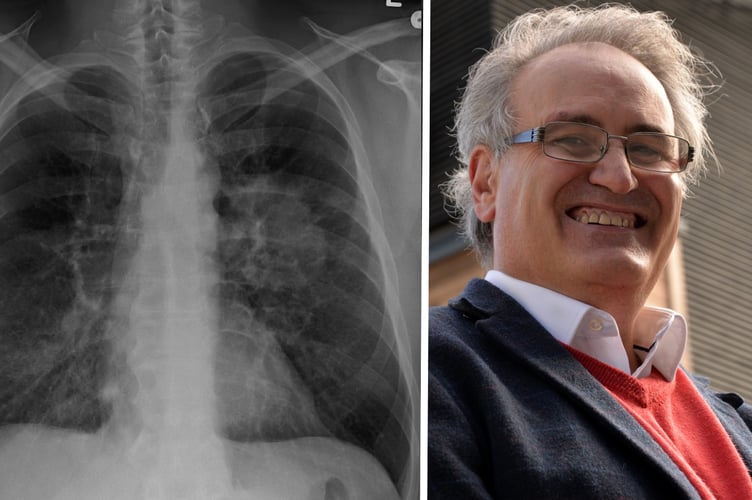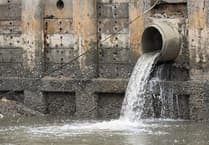Too often it seems as if we only hear negative news about our over-stretched National Health Service.
Whether it’s not enough resources at our A&E departments, ambulances not being able to unload patients, an acute shortage of care beds, or doctors and nurses and their support staff who work too many hours for too little pay, good news is indeed in short supply.
When it comes to dealing with cancer — one in three of us will develop some form during our lifetime — and too few resources being stretched too thin, meaning there are delays to obtaining treatment or the results of scans and tests are delayed.
Scanxiety is a real threat.
And when it comes to a successful outcome in any cancer journey, time and timely treatment is essential.
Lung cancer in particular needs urgent treatment. It is a disease that affects some 50,000 people each year across the UK and it kills more than any other cancer. And treating it costs the NHS some £2.4 billion each year.
So, the good news?
Thanks to the work of Welsh scientists and using research conducted at Aberystwyth University, a project team has developed a new diagnostic kit to detect lung cancers.
Diagnosis of lung cancer can be difficult, with tumours often going unnoticed in the early stages, and as is often the case with this and other cancers, clinical symptoms only occur when the tumour is large or has spread beyond the primary site. When it comes to surgery, only one in eight can go down that route — the rest offered other treatment to alleviate their incurable disease.
The Welsh scientists are developing a test that can quickly identify people most at risk and who would there benefit from scanning to help with a diagnosis and earlier intervention and increase treatment options.
The research at Aberystwyth University — it deserves kudos too for being named the best in Wales in a recent survey for The Times — is working to identify six enzymes that indicate the presence of lung cancer and only require testing a patient’s urine.
Yes, good news. And all involved in this research deserve our thanks and acknowledge for work well done indeed.




